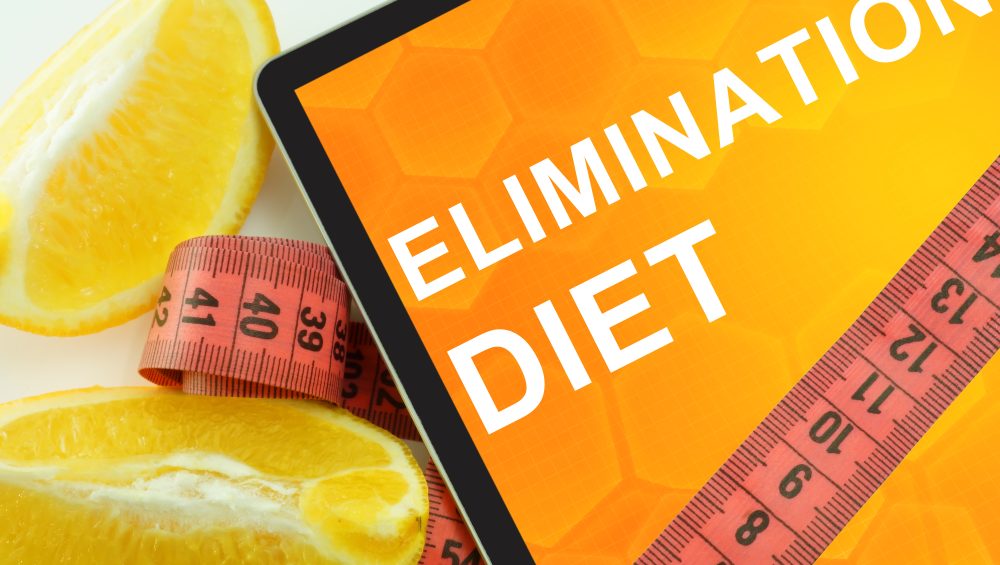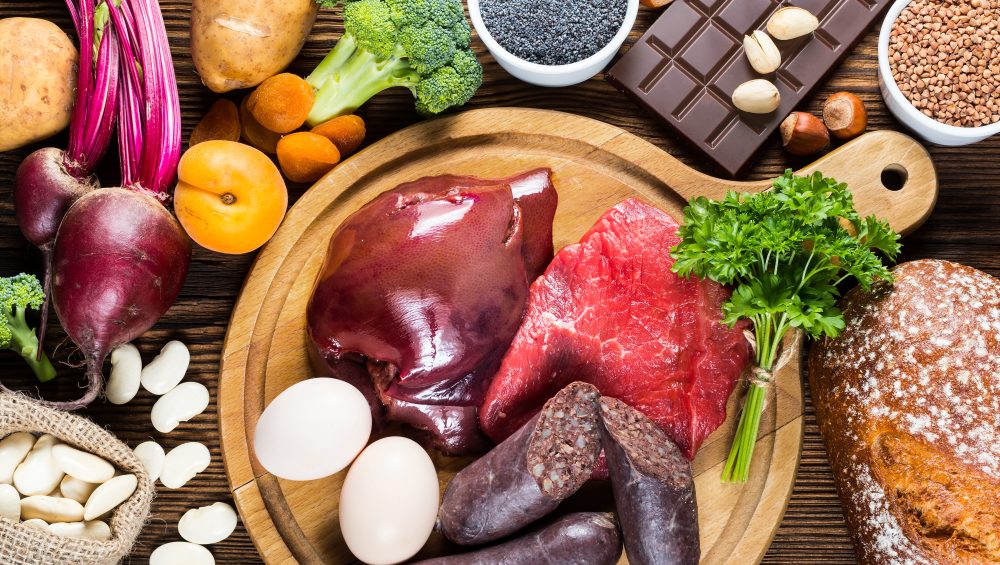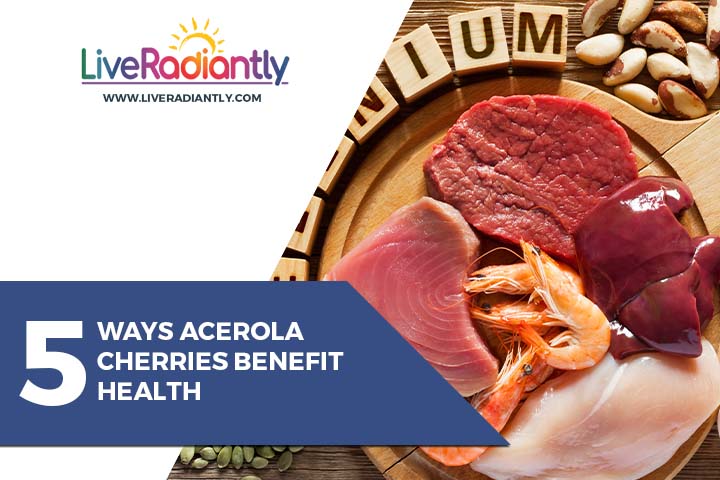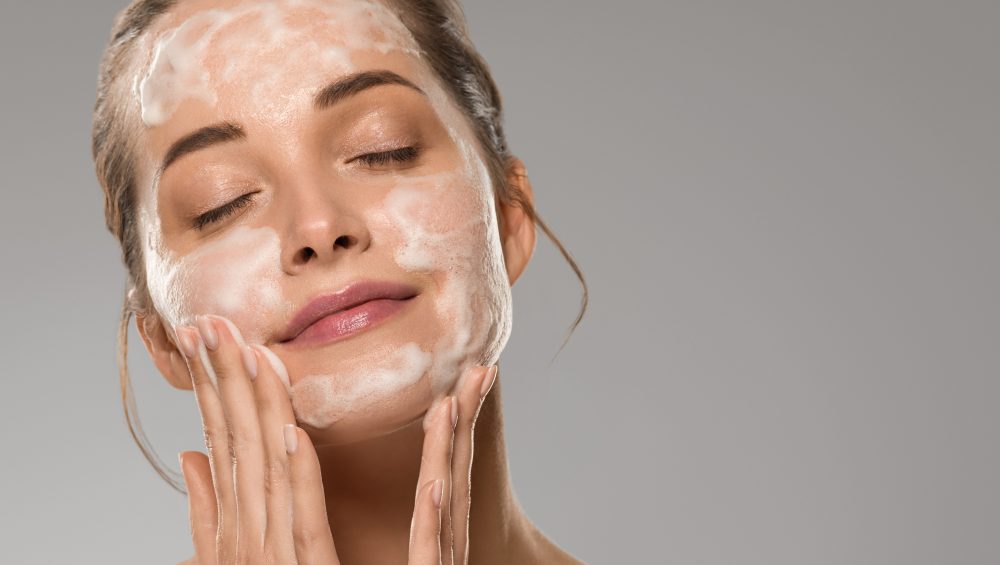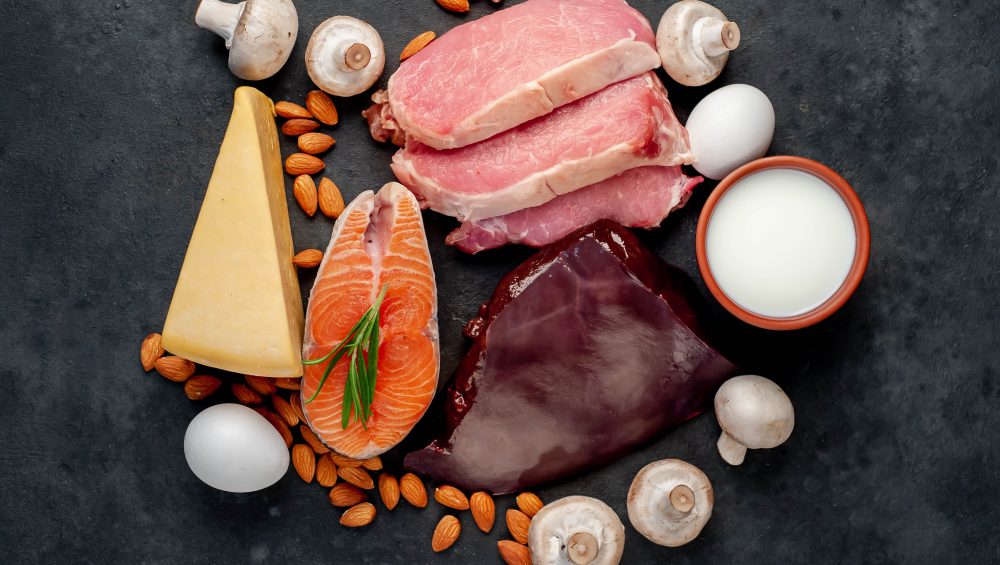7 Key Points To Know About The Elimination Diet
Have you ever found yourself feeling unwell after you eat certain foods? You may be having chronic pain, digestive complaints, or eczema but were unable to figure out the problem. It could be the reaction of your body and an inflammatory response to the foods that you have eaten, and the best way of dealing with this is through the elimination diet. It is where you eliminate particular foods that might be the cause of your digestive problems or other reactions.
With time, the extent of inflammation will reduce, and your body starts healing and repairing itself. This period can be a couple of days up to a week and, in some instances, even years. You can then start reintroducing some foods that were causing the inflammation. You will need to closely monitor the response of your body when you reintroduce these foods, which allows you to know if the foods are making it weaker or stronger.
This article will cover the necessary steps to take when following the elimination diet. First, we will discuss who benefits from the elimination diet and how the foods you eat can impact your brain. Next, we will talk about adding foods back slowly and using a food diary as well as foods to include during the elimination diet. Then, we will discuss your immune system and brain’s ability to work together to respond to threats. Finally, we will talk about avoiding common food irritants and why you should always read labels, and we will wrap up by observing your response to the diet.

1Who Benefits From The Elimination Diet
People can benefit from doing an elimination diet at least once in their life. Many people go on with their lives not knowing that certain foods create unwanted inflammation in the body, and they keep consuming them daily. They will be able to remove these sources of inflammation by following the elimination diet and will start to notice the improvement in their quality of life.
Some people who can benefit from this diet will include those dealing with metabolic syndrome and autoimmune disease. People who tend to have aches in their bodies as a result of the inflammation can benefit from it, too. Also, people struggling with sinus infections, headaches, allergies, sleep apnea, or snoring should consider the elimination diet.

2What You Eat Impacts Your Brain
Your digestive system holds about 70% of your body’s immune system. There is a close connection between the gut and brain known as the ENS or enteric nervous system. By definition, ENS is a chain of neurotransmitters that sends chemical signals to the brain, which can trigger hormones, enzymes, and inflammatory reactions.
Every single thing going into the mouth and traveling through the gastrointestinal tract will have an impact on the brain. It is the process that will tell you whether you’re full or hungry. The same chemical signals are also going to send messages relating to microbial infections, nutrient deficiencies, and food sensitivities.

3Add Foods Back Slowly And Use A Food Diary
During this period, it is a good idea to have a food diary. It is useful for assessing how you feel about eliminating each food. It will be essential when you start to reintroduce the foods back into your diet.
When you start to add a specific food again, make sure to do it in a slow, isolated, and intentional manner. After one month, add one fringe of food. For three days straight, eat these foods daily if you can and see if there are any symptoms. The best time to watch out for the change is between the time you eliminate the food and when you reintroduce it.

4Foods To Include In The Elimination Diet
When following this diet, make sure that you are consuming plenty of raw, sautéed, or steamed vegetables, healthy fats, and lean protein sources. Always try to go with organic when it comes to veggies and meat. Some veggies that have been shown to help with healing include those cruciferous veggies, like broccoli, cauliflower, cabbage, kale, Brussel sprouts, radishes, bok choy, watercress, artichokes, and collard greens. It is a great idea to have cruciferous greens, like kale or broccoli sprouts, because they are rich in agents that detoxify the liver.
The primary source of your calories should be good fats, such as olives, olive oil, coconut oil, coconut milk, coconut butter, coconut flakes, coconut flour, ghee, and avocados. There are some foods you can eat, provided that you eat them in moderation; some of them include chia seeds, pumpkin seeds, flax seeds, and hemp. You should also add foods like coconut water kefir, kimchi, sauerkraut, cider vinegar, and coconut yogurt because they come with pre-metabolized probiotics and nutrients, which will help your digestive system heal.

5The Immune System And Brain Work Together
If you consume something perceived by the body as a threat, both the brain and immune system are going to respond. The body does this by generating an inflammatory reaction. When following an elimination diet, you will need to remove foods that you suspect are a threat for a given period, which usually can be around a month. You can then start reintroducing those foods one at a time and see the response of your body.
If the inflammatory response ceases once you remove the food from your diet but comes back when you reintroduce it, then it is a clear sign that your body doesn’t want that food. It will end up bringing more harm to your body than good. Try removing the food from your diet again, this time for an extended period or even permanently if necessary.

6Avoid Food Irritants And Read Labels
Stay away from sensitive or allergen foods. Try doing this for three weeks. When doing the diet, try avoiding foods such as dairy products (clarified butter, being the exception), eggs, refined sugar, soy, and corn.
Some of the foods that you should try to avoid are vegetable oils, gluten, shellfish, all grains, legumes, tree nuts, and nightshade vegetables, such as potatoes, tomatoes, and okra. Always read the food labels to ensure that you are not eating these foods, even in small traces. There are many things you might not expect to have dairy and gluten in them.

7Observe Your Response To The Diet
When you start following this diet, you should have a journal that you will use to record your feelings throughout the day. Record any reactions on your skin, trouble sleeping, digestive disturbance, increase in pain, and so on. If you observe foods that react negatively with your body, then consider removing them from your diet for some time and then see whether the symptoms are going to improve. People with digestive disorders are forced to remove foods such as high-FODMAP vegetables, fruits, and red meat.
Some people cannot tolerate seeds; some have citrus intolerance, while others have hypochlorhydria – they struggle when they eat red meat. Other people also have unusual intolerances that can only be discovered by observing significant changes or doing pulse testing when they consume these foods. The best doctor is the one inside you.

People today are staying away from gluten, processed, and refined foods, but it can be a little tricky to know the foods that work for your body and those that are causing a lot of problems with symptoms like skin conditions, GI distress, or joint pain. Use the elimination diet when you start a diet overhaul because it will help in reducing inflammatory drivers and in identifying triggers. In this diet, you will be removing the top five inflammatory foods for about six weeks and then reintroducing the foods one at a time and observing the response of your body.
It is natural for the body to experience inflammation, as it is a protective process of the body when there is a trigger on the immune system for an inflammatory response. Chronic inflammation can cause severe symptoms, such as headaches, joint pain, digestive issues, fatigue, stubborn weight loss, and even chronic diseases. When you remove all suspected irritants and then start to add them back one at a time, it is easier to determine the foods that are causing the inflammation.
First, we discussed who benefits from the elimination diet and how the foods you eat can impact your brain. Next, we talked about adding foods back slowly and using a food diary as well as foods to include during the elimination diet. Then, we discussed your immune system and brain’s ability to work together to respond to threats. Finally, we talked about avoiding common food irritants and why you should always read labels, and we wrapped up with observing your response to the diet.

